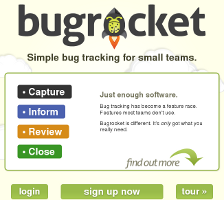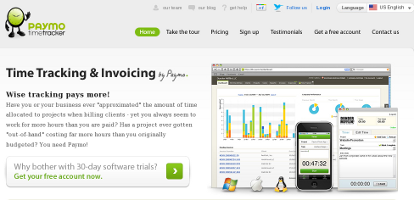 LiveScore.com offers scores from recent sport events, updated in real time as they take place. On the site’s main page users can find soccer results from matches taking place today, and by using the links on the sidebars, users can navigate to past or future matches from the current week, or to results from other sports such as hockey, basketball and tennis. For each match the site presents information such as the current time in the match, who’s playing and in what minutes was the score previously changed.
LiveScore.com offers scores from recent sport events, updated in real time as they take place. On the site’s main page users can find soccer results from matches taking place today, and by using the links on the sidebars, users can navigate to past or future matches from the current week, or to results from other sports such as hockey, basketball and tennis. For each match the site presents information such as the current time in the match, who’s playing and in what minutes was the score previously changed.
The site focuses on soccer and succeeds in being fairly comprehensive in this area: it includes more than 50 countries for which it presents up-to-date results from their soccer national leagues and cups. For the other sports, it includes in a similar manner comprehensive results about the most important current events.
On average, LiveScore attracts around 100’000 monthly unique visitors. This success is in no small way due to the reliability built into the site: no matter if it’s day or night, people can find most of the time the score they’re interested in, up to the current minute of the match.
The domain was registered in July 1998; nowadays it earns most of its income by hosting betting ads from third party publishers. The legality of these online betting services came into question lately in some countries. The evolution of the law in this area might impact in the future the revenue and sustainability model of LiveScore as a free service, but for now it seems to be live, opened to the public and up to date, 24/7.





 Flippa
Flippa





